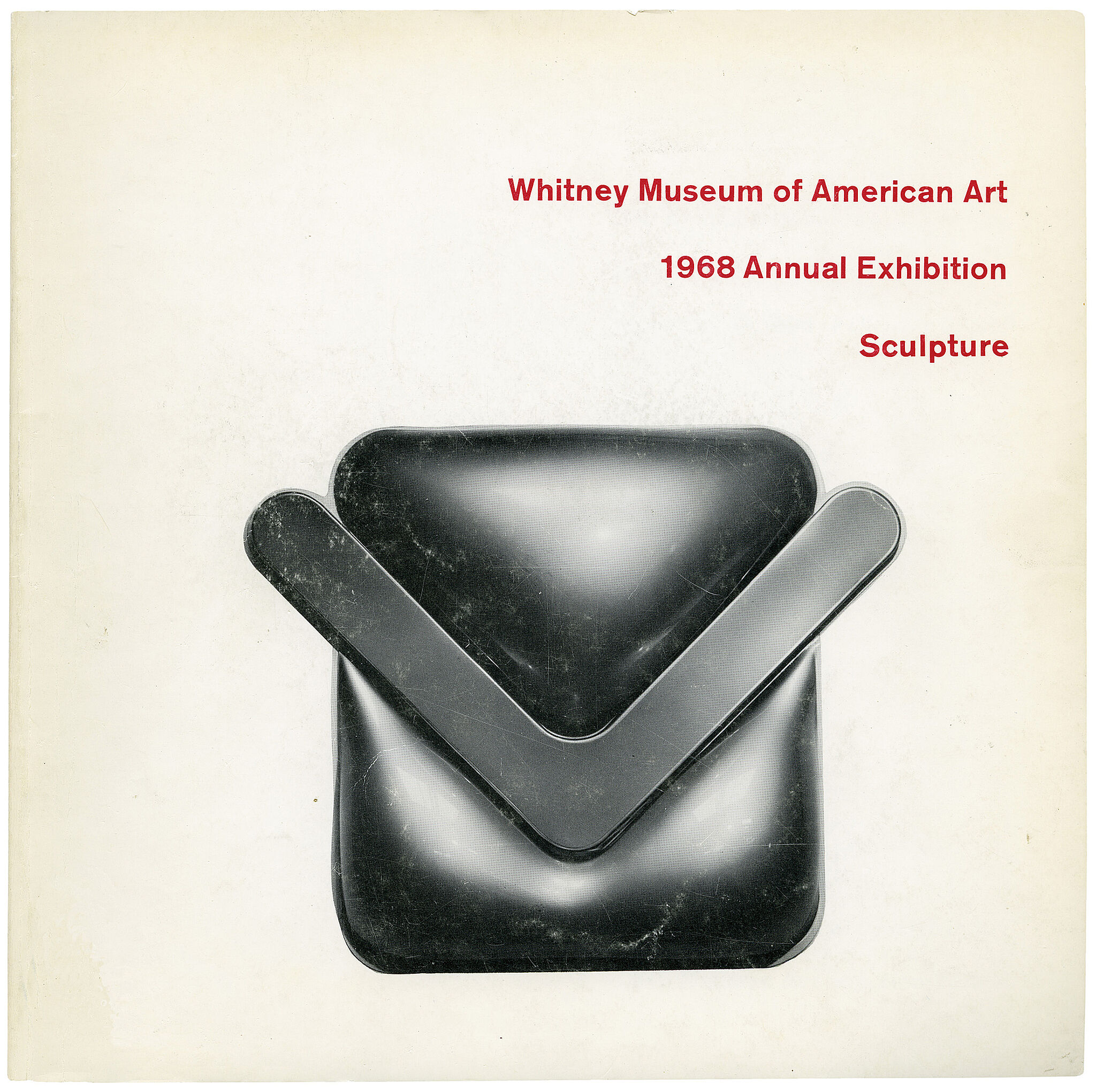Charles Ross
1937–
Introduction
Charles Ross (born 1937) is an American contemporary artist known for work centered on natural light, time and planetary motion. His practice spans several art modalities and includes large-scale prism and solar spectrum installations, "solar burns" created by focusing sunlight through lenses, paintings made with dynamite and powdered pigment, and Star Axis, an earthwork built to observe the stars. Ross emerged in the mid-1960s at the advent of minimalism, and is considered a forerunner of "prism art"—a sub-tradition within that movement—as well as one of the major figures of land art. His work employs geometry, seriality, refined forms and surfaces, and scientific concepts in order to reveal optical, astronomical and perceptual phenomena. Artforum critic Dan Beachy-Quick wrote that "math as a manifestation of fundamental cosmic laws—elegance, order, beauty—is a principle undergirding Ross’s work … [he] becomes a maker-medium of a kind, constructing various methods for sun and star to create the art itself."
Ross has exhibited at venues including the Museum of Modern Art, PS1, Dwan Gallery, Museum of Contemporary Art, Los Angeles, and Museum of Contemporary Art, Chicago. His artworks are collected by the Whitney Museum of American Art, Centre Georges Pompidou, and Los Angeles County Museum of Art, among other institutions. In 2011, he was named a Guggenheim Fellow. He lives and works in SoHo, Manhattan and New Mexico with his wife, painter Jill O'Bryan.
Wikidata identifier
Q5082179
Information from Wikipedia, made available under the Creative Commons Attribution-ShareAlike License . Accessed February 27, 2026.
Introduction
American artist, New York, N.Y.
Country of birth
United States
Roles
Artist, sculptor
ULAN identifier
500021711
Names
Charles Ross
Information from the Getty Research Institute's Union List of Artist Names ® (ULAN), made available under the ODC Attribution License. Accessed February 27, 2026.

